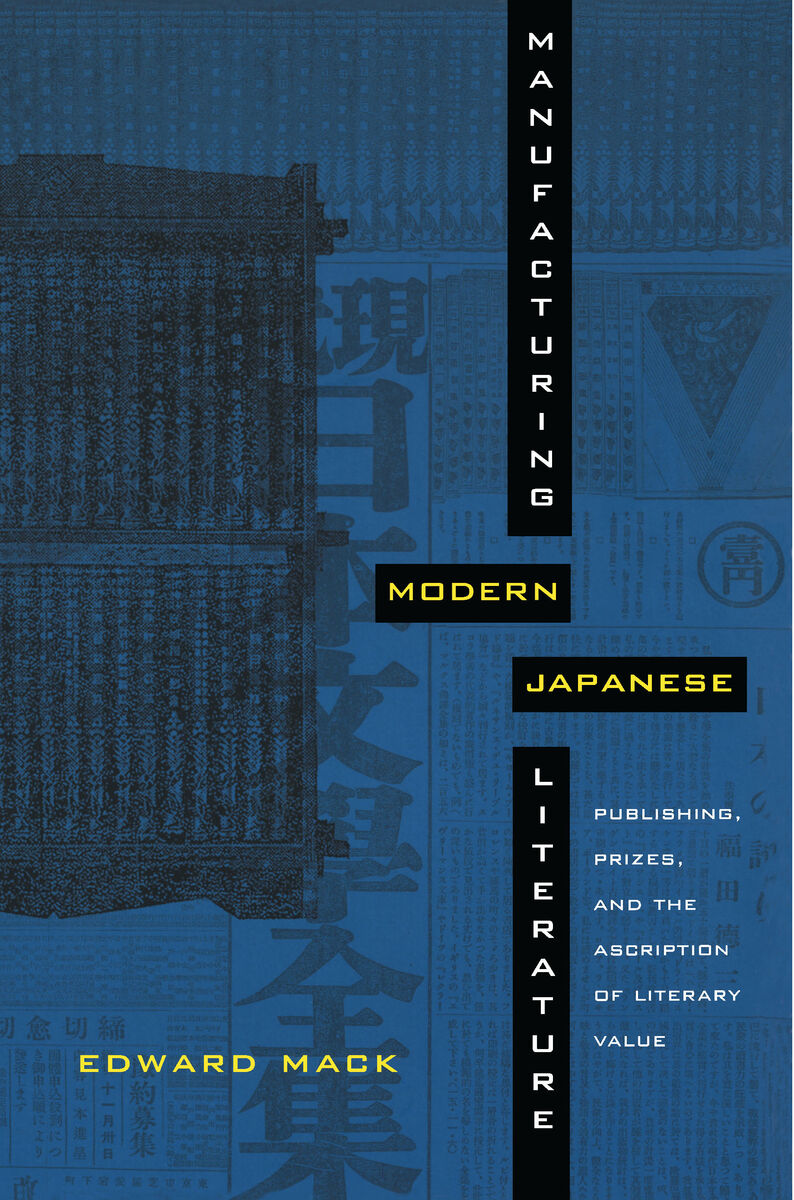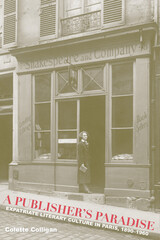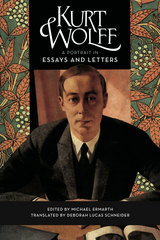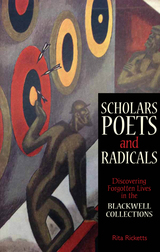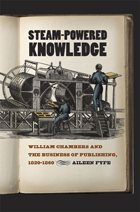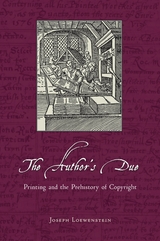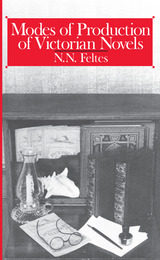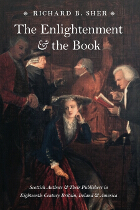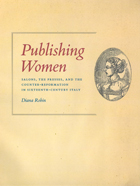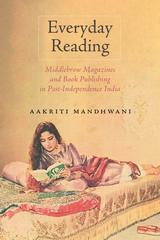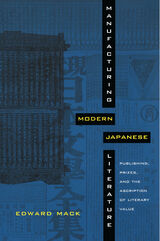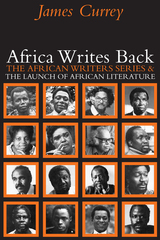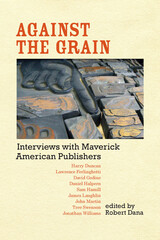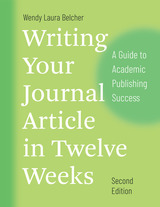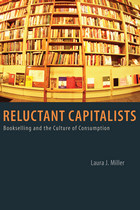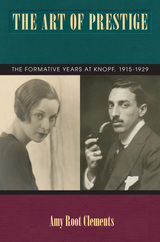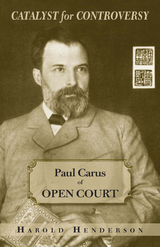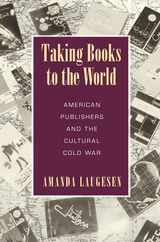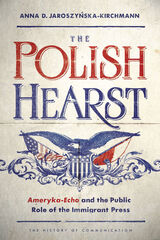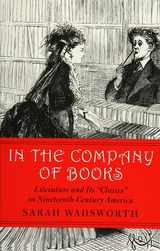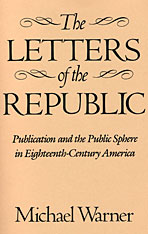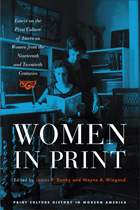Manufacturing Modern Japanese Literature: Publishing, Prizes, and the Ascription of Literary Value
Duke University Press, 2010
Cloth: 978-0-8223-4660-9 | Paper: 978-0-8223-4672-2 | eISBN: 978-0-8223-9165-4 (standard)
Library of Congress Classification Z463.4.M33 2010
Dewey Decimal Classification 070.50952
Cloth: 978-0-8223-4660-9 | Paper: 978-0-8223-4672-2 | eISBN: 978-0-8223-9165-4 (standard)
Library of Congress Classification Z463.4.M33 2010
Dewey Decimal Classification 070.50952
ABOUT THIS BOOK | AUTHOR BIOGRAPHY | REVIEWS | TOC | REQUEST ACCESSIBLE FILE
ABOUT THIS BOOK
Emphasizing how modes of book production, promotion, and consumption shape ideas of literary value, Edward Mack examines the role of Japan’s publishing industry in defining modern Japanese literature. In the late nineteenth century and early twentieth, as cultural and economic power consolidated in Tokyo, the city’s literary and publishing elites came to dominate the dissemination and preservation of Japanese literature. As Mack explains, they conferred cultural value on particular works by creating prizes and multivolume anthologies that signaled literary merit. One such anthology, the Complete Works of Contemporary Japanese Literature (published between 1926 and 1931), provided many readers with their first experience of selected texts designated as modern Japanese literature. The low price of one yen per volume allowed the series to reach hundreds of thousands of readers. An early prize for modern Japanese literature, the annual Akutagawa Prize, first awarded in 1935, became the country’s highest-profile literary award. Mack chronicles the history of book production and consumption in Japan, showing how advances in technology, the expansion of a market for literary commodities, and the development of an extensive reading community enabled phenomena such as the Complete Works of Contemporary Japanese Literature and the Akutagawa Prize to manufacture the very concept of modern Japanese literature.
See other books on: Canon (Literature) | Japanese | Japanese literature | Literature publishing | Publishing
See other titles from Duke University Press
